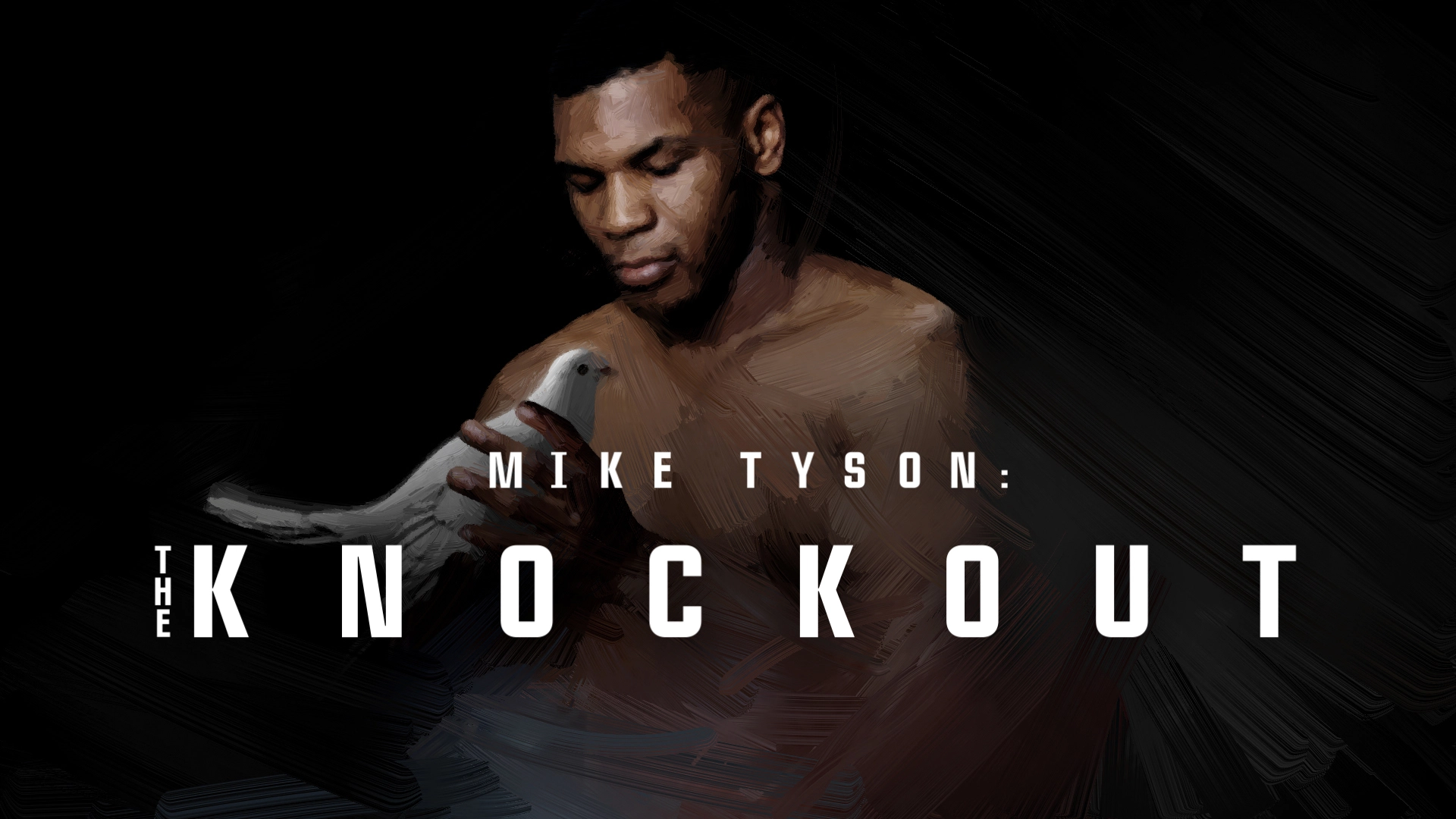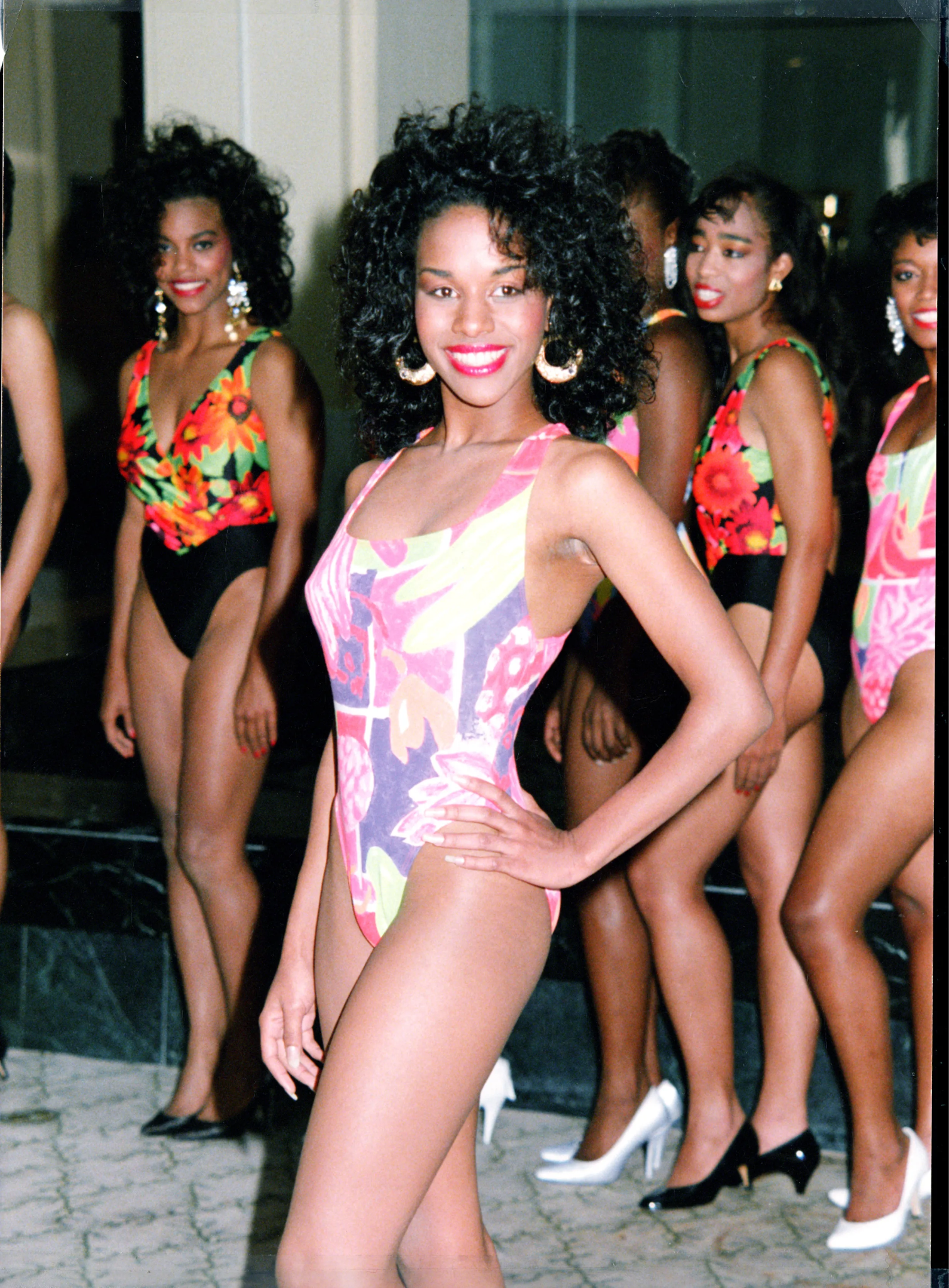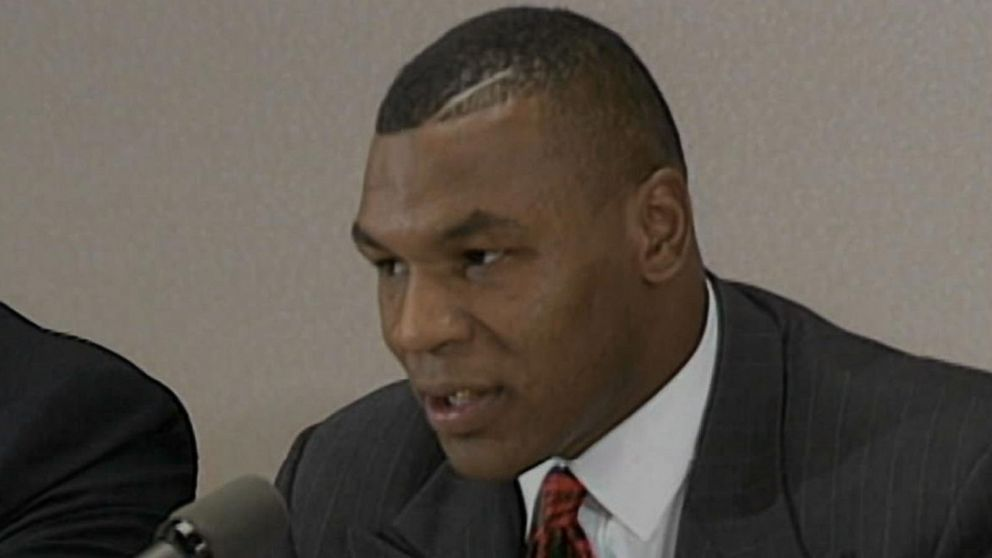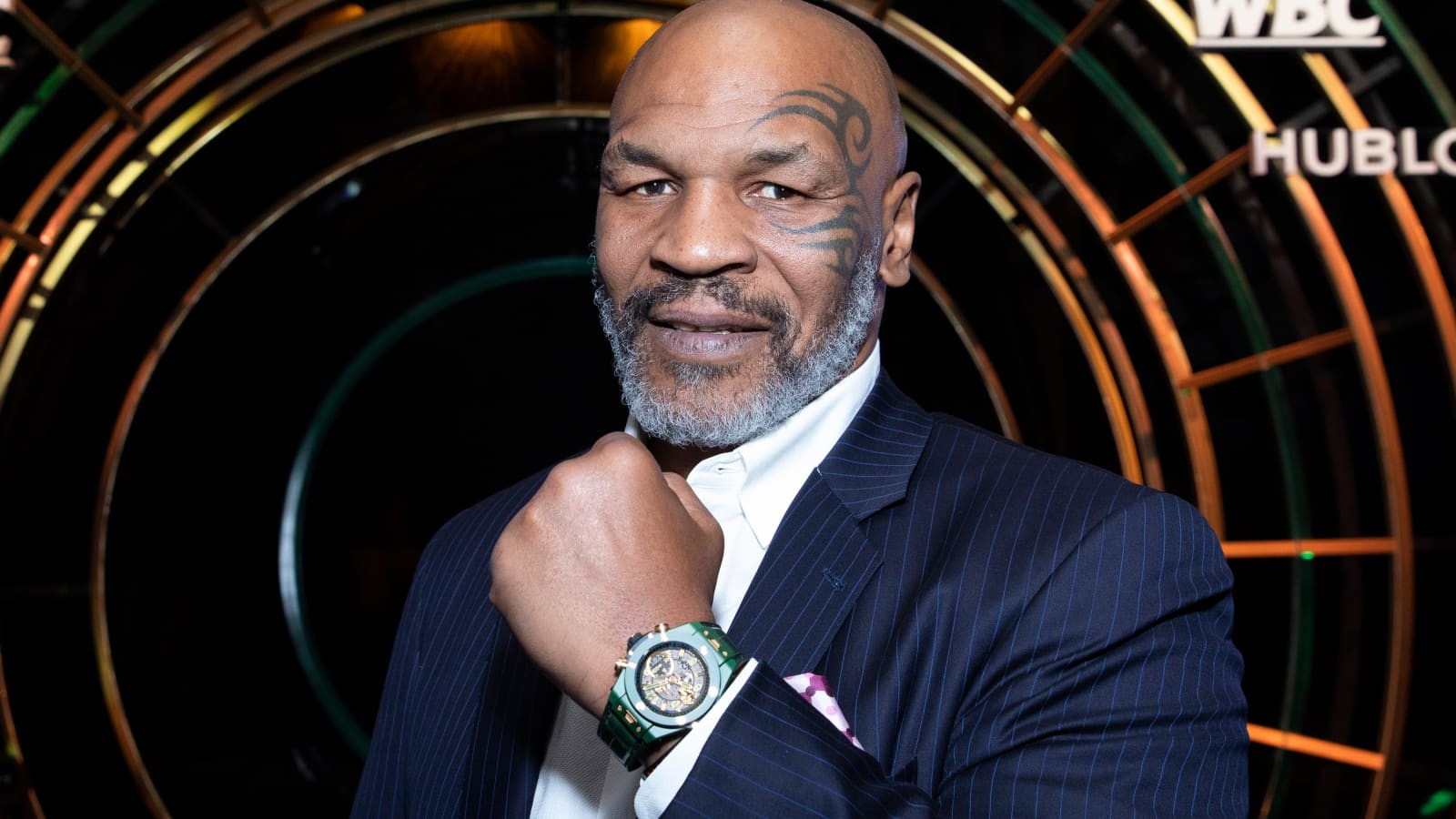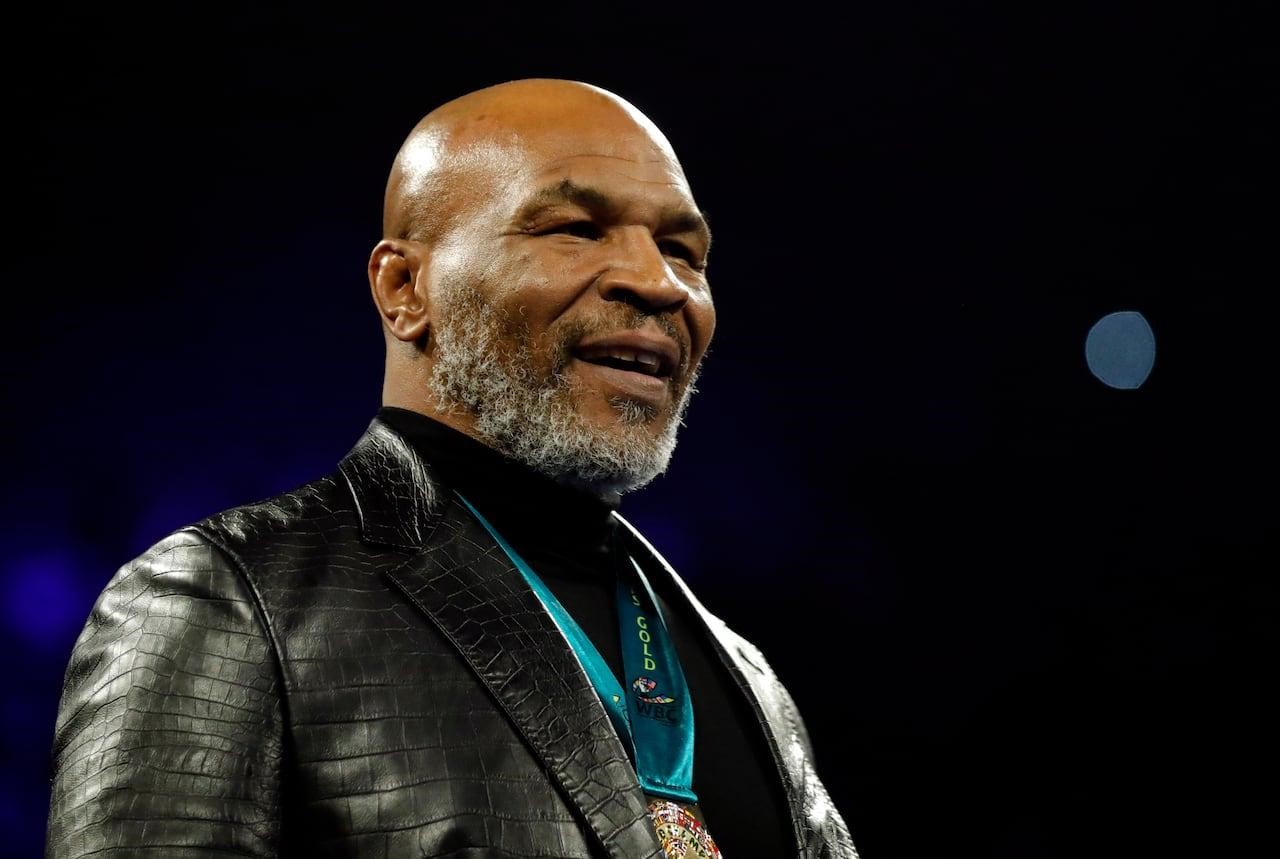The Truth Behind Mike Tyson Conviction Revealed
Desiree Washington became a renowned name in the tabloids after she accused Mike Tyson of raping her in 1991. Mike Tyson, the heavyweight boxing champion, was sentenced to six years in prison in 1991 despite disputing the allegations.
Author:Emily SanchezReviewer:Elisa MuellerOct 15, 2022957 Shares318.9K Views
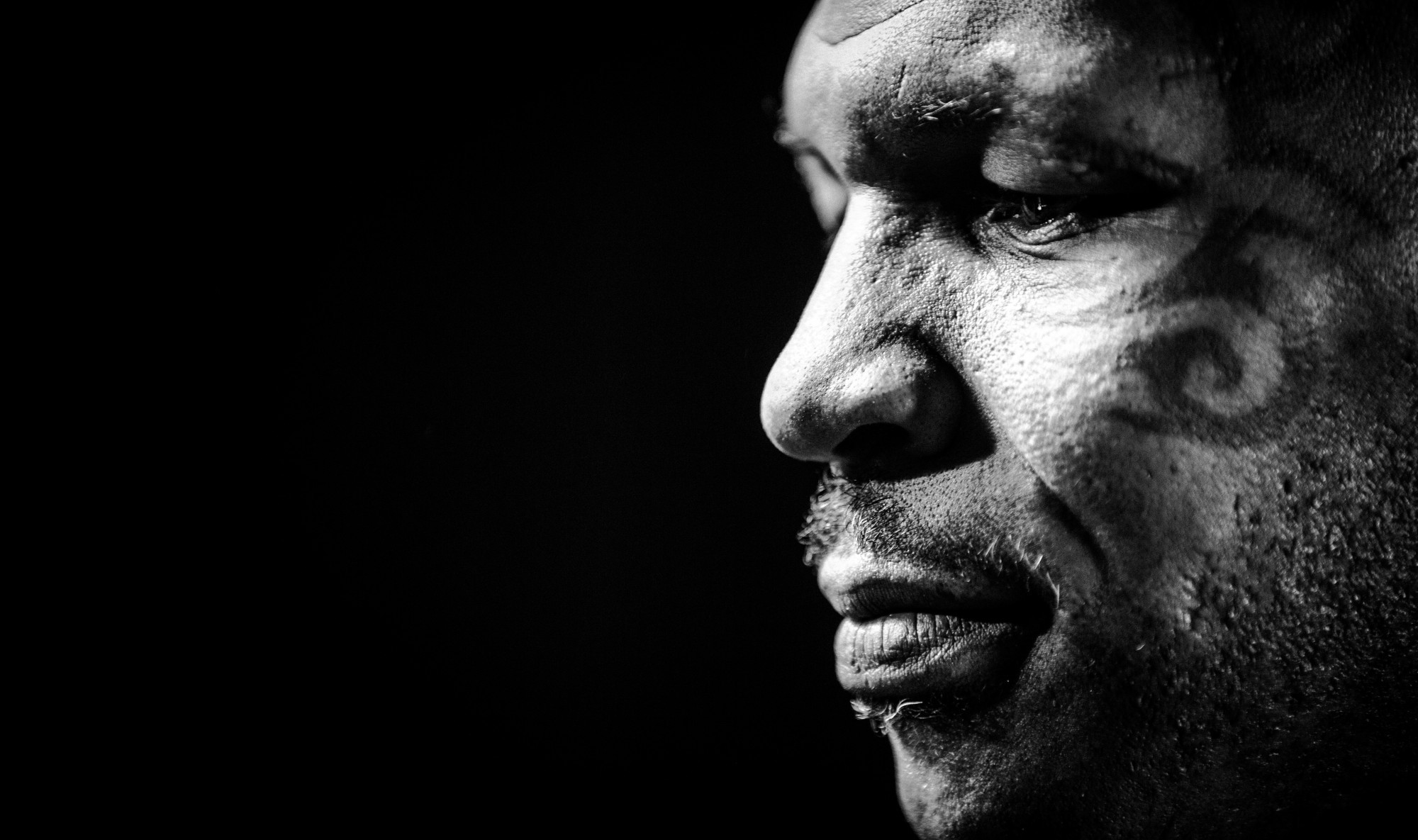
Desiree Washington became a renowned name in the tabloids after she accused Mike Tyson of raping her in 1991. Mike Tyson, the heavyweight boxing champion, was sentenced to six years in prison in 1991 despite disputing the allegations.
In the last episode of "Mike Tyson: The Knockout," a two-part ABC documentary broadcast on May 25 and June 1, 2021, Mike Tyson's conviction for the rape of Desiree Washingtontakes center stage.
James Voyles, Tyson's defense attorney, and special prosecutor Greg Garrison are among many who have been interviewed about the case, which is still one of the most talked-about celebrity cases in American history.
“The first 'Oh, no' moment was an entire city block lined up with satellite trucks. ABC, NBC, CBS, CNN, ESPN, all these. It's a big time”, prosecutor Greg Garrison expressed his concerns by saying that it was making him sick.
That was only a foreshadowing of Desiree Washington's grit and bravery in court when she was 18 years old and facing a beloved boxer who had raped her.
“There was this quiet gasp in the gallery”, Washington's testimony was recounted by Garrison. “She was 106 pounds. Just a delicate, little thing, and so the juxtaposition of him at 240 pounds and her at 18 years old was pretty powerful stuff.”
One thing the documentary makes apparent is that the topic of date rape in America would not have been as publicly explored and addressed if Washington's testimony and ability to describe what happened to her had not been available.
Desiree Washington accused the former heavyweight boxing champion of the world of rapping her in his room at the Canterbury Hotel in Indianapolis, and he was arrested and prosecuted in 1991.
What Happened To Desiree Washington?
Desiree, then 18 years old and Miss Black Rhode Island, was a beauty pageant participant when she accused the boxer of sexual assault.
On July 19, 1991, Desiree was invited to Tyson's hotel room in Indianapolis, according to multiple stories. She went to Methodist Hospital's emergency department the next day, July 20, 1991, to report that she had been raped.
Tyson had invited Desiree Washington over to his room, where he forced himself on her, she told the police and later testified in court.
Tyson was convicted guilty of rape in February 1992, after a two-week trial that captured the attention of the world's media.
Desiree testified that Tyson “laughed while she sobbed” during the trial, and her evidence was backed by Tyson's chauffeur, who stated she was in “shock.”
The emergency department physician, who evaluated Washington more than 24 hours after the assault and concluded that Washington's physical state was compatible with rape, provided more testimony.
“I don't come here begging for mercy, ma'am”, Tyson said before being sentenced in an 11-minute speech. “I can't see anything good coming from this. I'm here prepared to expect the worst. I've been crucified, humiliated worldwide.”
Tyson refuted charges that he deceived Washington during his cross-examination by the main prosecutor Gregory Garrison, insisting that she wanted to have sex with him. Tyson was found guilty of rape on February 10, 1992, following a nearly 10-hour jury deliberation.
The boxer was sentenced to six years in jail and four years of probation on March 26, 1992, and he was freed after completing less than three years of his sentence in March 1995.
Five months after his return to society as a free man, Tyson was back in the ring, facing Peter McNeeley.
Mike Tyson Still Denies He Raped Desiree Washington
Despite the evidence against him, Tyson disputed the charges, and in 2020, he reaffirmed his innocence in the case. “I don’t think I should have been in prison. I’m not above violating a woman, but I did not violate that woman”, Tyson said.
Tyson's punishment also requires him to register as a sex offender for the rest of his life, as his sexual offender registration states.
The former world heavyweight champion has maintained his innocence throughout his career. “I did not rape Desiree Washington”, he wrote in his book “Undisputed Truth: My Autobiography”, released in 2013. "She knows it, God knows it, and the consequences of her actions are something that she's got to live with for the rest of her life."
Tyson had used a similar tone in his statement before his sentence. “I have not raped anyone, tried to rape anyone by any means," he said. "I'm sorry for Miss Washington as a person. I by no means meant to hurt her or do anything to her. I'm sure she knows that.”
The boxer claimed in his book that the judgment had racial overtones. “I knew from the start that I'd get no justice. I wasn't being tried in New York or Los Angeles; we were in Indianapolis, Indiana, historically one of the strongholds of the Ku Klux Klan. I had been found guilty by a jury of my peers, only one of whom was black. The other black jury member had been excused by the judge after a fire in the hotel where the jurors were staying. She dismissed him because of his “state of mind”.”
In 1992, The Indianapolis Recorder's managing editor Audrey Gadzekpo commented, that “Tyson case has all the makings of a television miniseries - sex, crime, and a famous name.”
Tyson's 1995 Release From Jail Might Have Resulted In A Very Different Outcome In 2021
Tyson's release from jail in 1995, according to ESPN's Jeremy Schaap, would have been handled quite differently in 2021 than it was then, with Tyson being held to a higher standard and not being as publicly hailed as a superstar the second he was released.
With victories against Peter McNeeley, Buster Mathis Jr., Frank Bruno, and Bruce Seldon in 1995, Tyson was able to swiftly get back in the ring and restore his boxing position.
With the WBA heavyweight championship on the line, it led to the first of two crucial showdowns with Evander Holyfield.
Final Words
The documentary "Mike Tyson: The Knockout" attempted to illustrate Tyson's life as both a victim and an abuser, seeking to reconcile the two. The end result was a depiction of a man still coming to grips with himself, his past, his deeds, and, most significantly, the sorrow that has flowed both ways as a result of them.
"Life has beaten me into submission," Tyson said. "Life was tougher than me, so I’m trying to go the other way now. I'm committed and living the other way. I learned gratitude. This is what I learned from life kicking my ass. I learned gratitude."
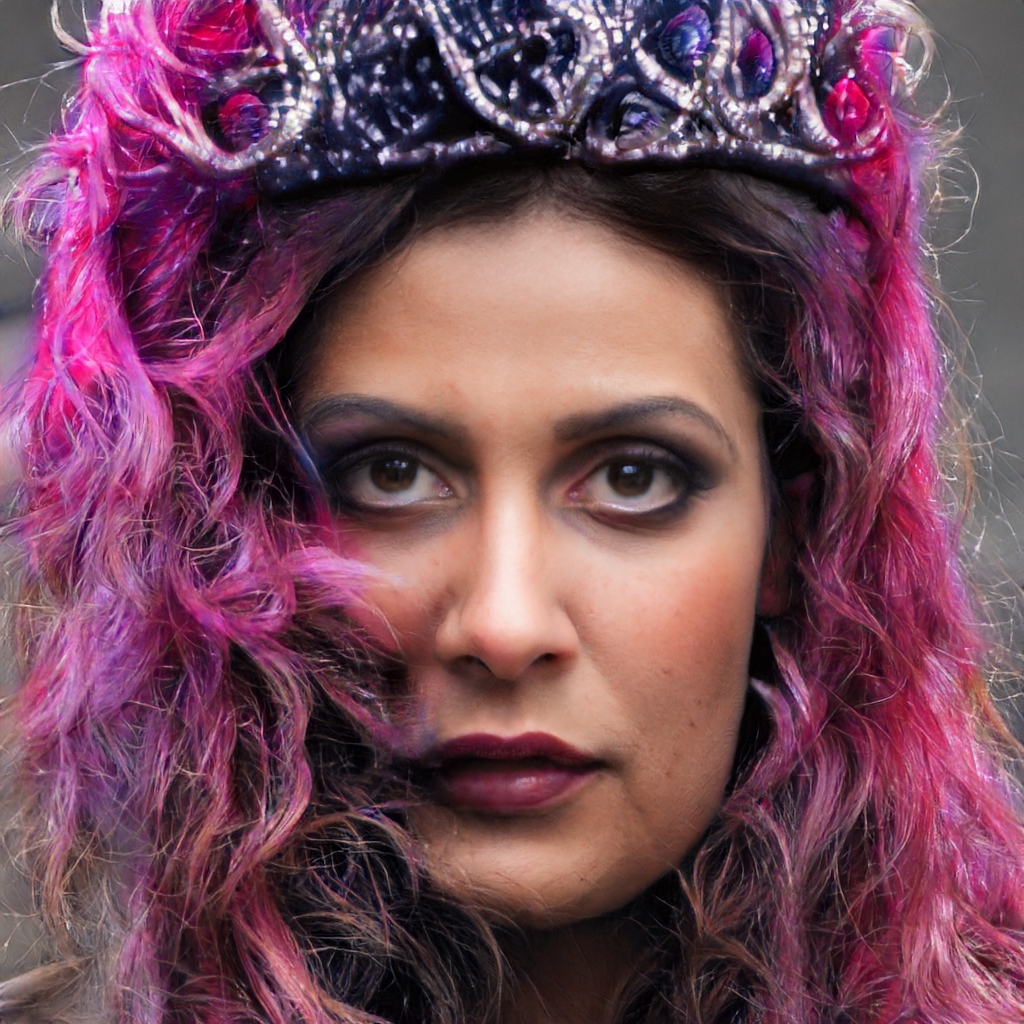
Emily Sanchez
Author
Emily Sanchez, a Fashion Journalist who graduated from New York University, brings over a decade of experience to her writing. Her articles delve into fashion trends, celebrity culture, and the fascinating world of numerology.
Emily's unique perspective and deep industry knowledge make her a trusted voice in fashion journalism.
Outside of her work, she enjoys photography, attending live music events, and practicing yoga for relaxation.

Elisa Mueller
Reviewer
Elisa Mueller, a Kansas City native, grew up surrounded by the wonders of books and movies, inspired by her parents' passion for education and film.
She earned bachelor's degrees in English and Journalism from the University of Kansas before moving to New York City, where she spent a decade at Entertainment Weekly, visiting film sets worldwide.
With over 8 years in the entertainment industry, Elisa is a seasoned journalist and media analyst, holding a degree in Journalism from NYU. Her insightful critiques have been featured in prestigious publications, cementing her reputation for accuracy and depth.
Outside of work, she enjoys attending film festivals, painting, writing fiction, and studying numerology.
Latest Articles
Popular Articles
